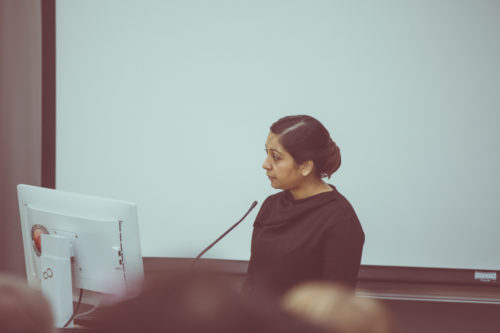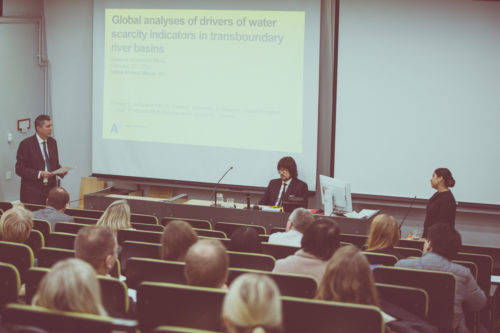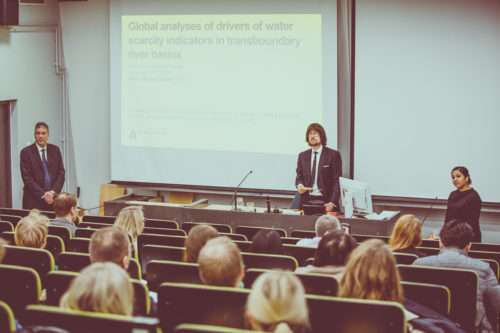Our colleague Hafsa Munia defended her thesis successfully in February 2020 – what are her key advice for phd students?
Is Ph.D. a job or I am still a student?
While everyone else is settled in job, I was still thinking whether I am a student, or I am doing a job? When I started my Ph.D. program, I had no idea what to expect. However, with time I came to learn that doing a Ph.D. required you to be accountable and responsible for your work. You typically tend to have much more freedom than you would have in an industrial position. But I realized it is also very different than attending classes and studying a fixed syllabus that we must do for master in a semester. Ph.D. is like life, unpredictable and demanding with continuous ups and downs- It is not a job and I am also not a student anymore!
Importance of prioritization: time management
It is one of the challenges yet one necessary thing that one needs to learn while doing a Ph.D. In Ph.D., usually, you will have to be responsible for organizing your own working days and making sure that your work gets done on time. Related to time management, it is important to learn to assess the priorities of various tasks. What needs to be done right now, and what can wait?

Self-motivation
One of the biggest challenges to overcome in Ph.D. is having to motivate yourself. It’s unlikely that anyone else will push me to get my work done, so I had to find ways in which I can encourage myself, even when I am tired or bored. Initially, I use to get hurt very easily when my work was not appreciated or was criticized. Being able to push through negative emotions to meet my goals was one of the most broadly useful life skills I learned during my Ph.D.
Ask for help!
Initially, I was very shy to ask help from others and I thought I will be able to do everything by myself. But that was wrong. Though it is your research don’t try to do or learn everything by yourself, instead ask for help and guidance from your supervisor, instructor and discuss more with your colleagues in the research group.

Prepare yourself for the “life after the Ph.D.”
This was probably the biggest lesson for me. When I started writing my synthesis this question hit me first- so what next? It is important to start thinking about the specific aspects of your future, for example, whether you want to work in a company, or you want to stay in academia? Or just look at the job ads, maybe learn some specific programming language, get a certain skill or certificate. It is wise to start thinking and making a plan about this a bit early before finishing Ph.D.

In the end, I would say that dedicating four to five years of life on mastering one study topic is only possible if someone is passionate about it. The passion will take you through the tough times.
We thank Hafsa for the years of collaboration and peer support! She is now continuing her research in the Finnish Environment Institute.

